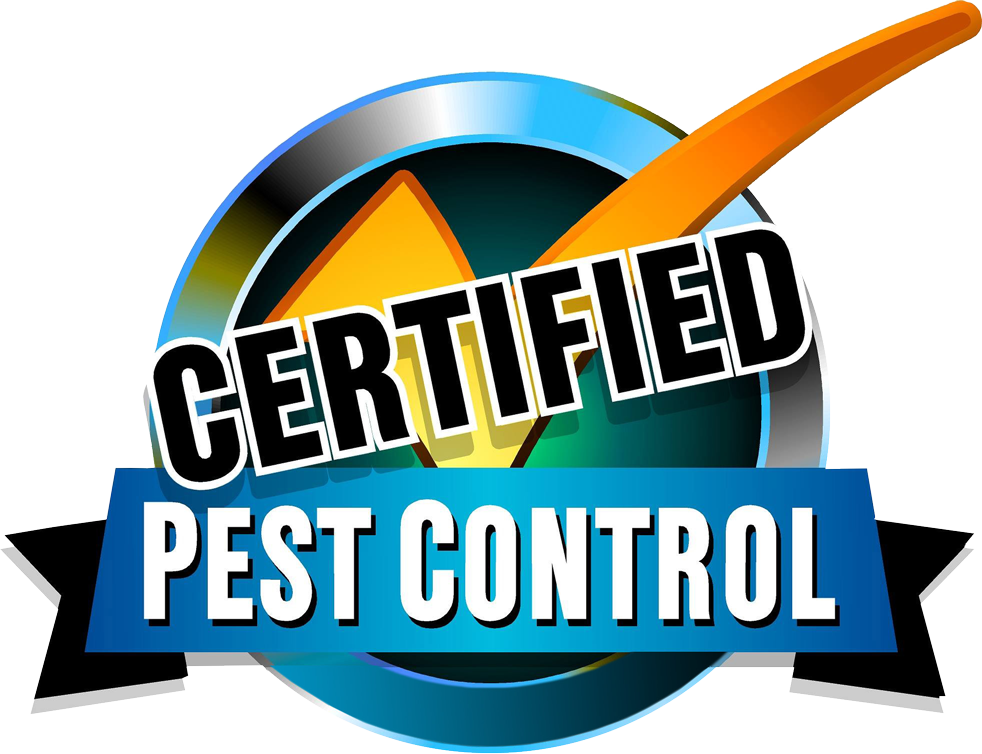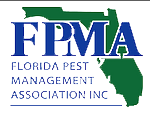Did you know that pests can carry and transmit dangerous diseases, significantly impacting public health? This article explores the vital role of pest control in preventing the spread of these diseases, particularly in regions like Southwest Florida, and discusses the social, economic, and innovative approaches to managing pest populations for community well-being.

Pest Control and Disease Prevention
Pest control is crucial in maintaining public health by preventing the spread of diseases. Pests like mosquitoes, rodents, and ticks are vectors for diseases such as malaria, dengue, and Lyme disease. These pests carry pathogens leading to significant health issues.
Historically, pest control measures have reduced disease outbreaks. The eradication of mosquito breeding grounds has been pivotal in controlling malaria and dengue fever.
Social and Economic Impacts on Communities
The social and economic impacts of pest-borne diseases on communities are profound, especially in regions like Southwest Florida. Outbreaks such as West Nile Virus or Zika strain local healthcare systems and affect community well-being. In Florida, mosquito presence necessitates increased public health measures and awareness campaigns.
Communities bear the economic burden of pest control and healthcare costs. Community awareness and engagement are crucial in mitigating these impacts. Educating the public about preventive measures and pest control’s importance can reduce disease transmission rates.
Effective Pest Control Services in Southwest Florida
Certified Pest Control offers services that contribute to public health by managing pest populations effectively. Their commitment to eco-friendly methods protects residents and the environment. Since 2014, the company has provided reliable pest management solutions, ensuring customer satisfaction. It plays a vital role in educating the community about pest prevention, ensuring residents are informed about risks and preventive measures against pest-borne diseases.
Understanding Vector Capacity of Common Pests
Understanding the vector capacity of pests is essential for effective control and prevention. In Southwest Florida, mosquitoes, ticks, and rodents are prevalent with significant vector capacities. Mosquitoes transmit diseases like Zika and West Nile Virus, while ticks spread Lyme disease.
Understanding the biology and behavior of these pests helps develop strategies to control populations and reduce disease transmission risk. Experts and scientific studies reveal the ways pests spread diseases, leading to more knowledgeable and targeted pest control strategies.
Practical Steps for Household Pest Prevention
Households can take steps to safeguard against pathogens carried by pests. Maintaining a clean environment, securing entry points, and using preventive measures such as screens and repellents are effective. Regular professional inspections and treatments prevent infestations and reduce disease transmission risk.
Local Challenges and Initiatives
Recent local news in Southwest Florida highlights challenges and initiatives related to pest control and public health. Increased mosquito activity following heavy rains has prompted warnings and control measures.
Cultural attitudes toward pest control influence public perception and engagement. Community programs promoting awareness and education on pest control and public health foster a proactive approach to pest management.
Controversies and Challenges in Pest Control
Controversies in pest control often involve debates on pesticide use versus natural methods. Concerns about the health and environmental impacts of pesticides lead to debates on best practices. Professionals face challenges in adapting to new regulations and emerging threats, particularly with climate change and urban development. Expert opinions emphasize the need for balanced approaches to prioritizing public health while minimizing environmental impact.
Future Innovations in Pest Control
Emerging technologies and innovations will shape the future of pest control. Smart traps, genetic control methods, and improved monitoring systems could enhance public health protection. In Southwest Florida, innovations are revolutionizing pest management practices.
Research and development play a critical role in advancing methods, ensuring effectiveness and safety. As technologies evolve, they hold the potential to improve pest control, offering new solutions to age-old challenges. The Nature Journal discusses how genetic control methods are paving the way for new pest management solutions.
For reliable pest management solutions and to ensure your home remains a healthy and comfortable space, reach out to Certified Pest Control.


